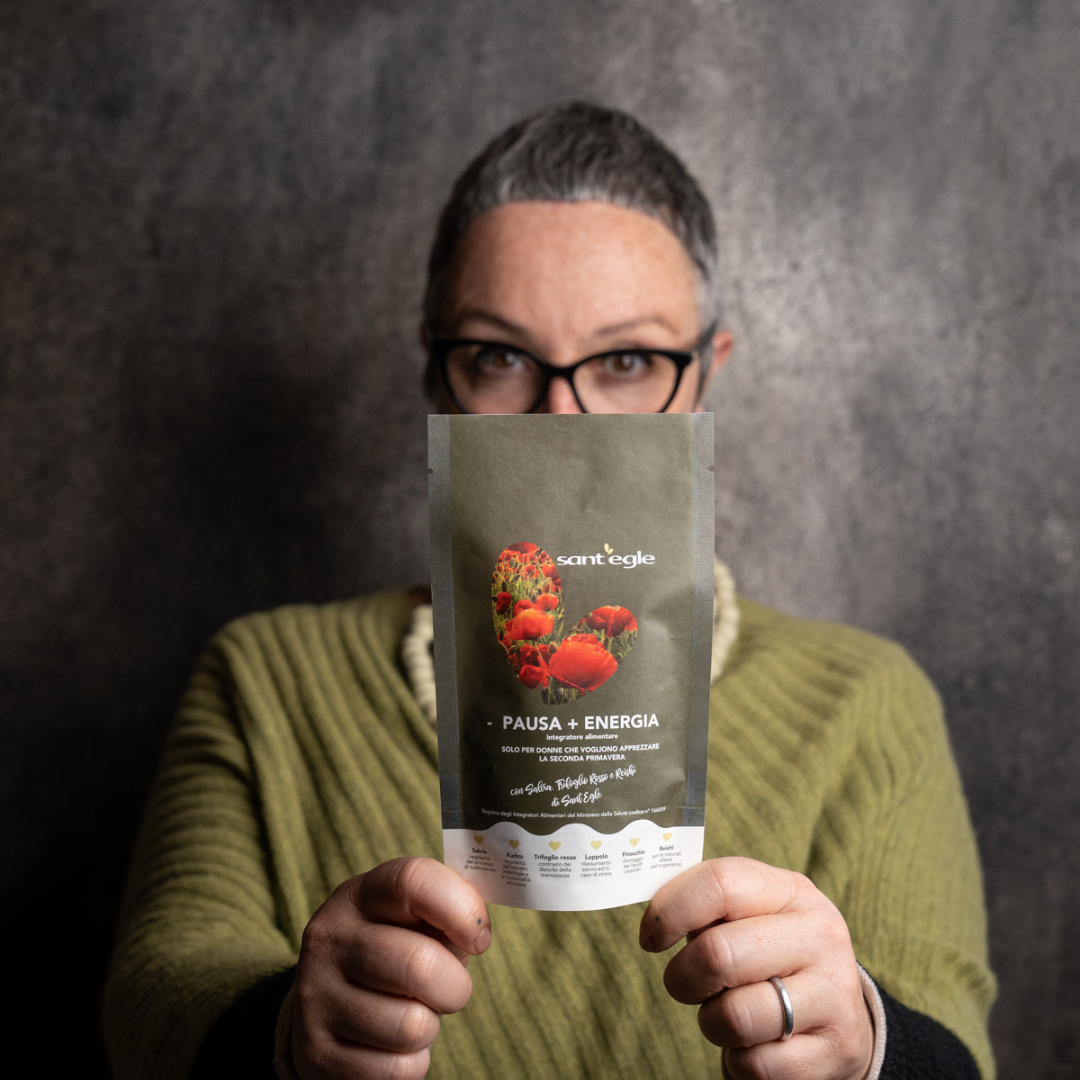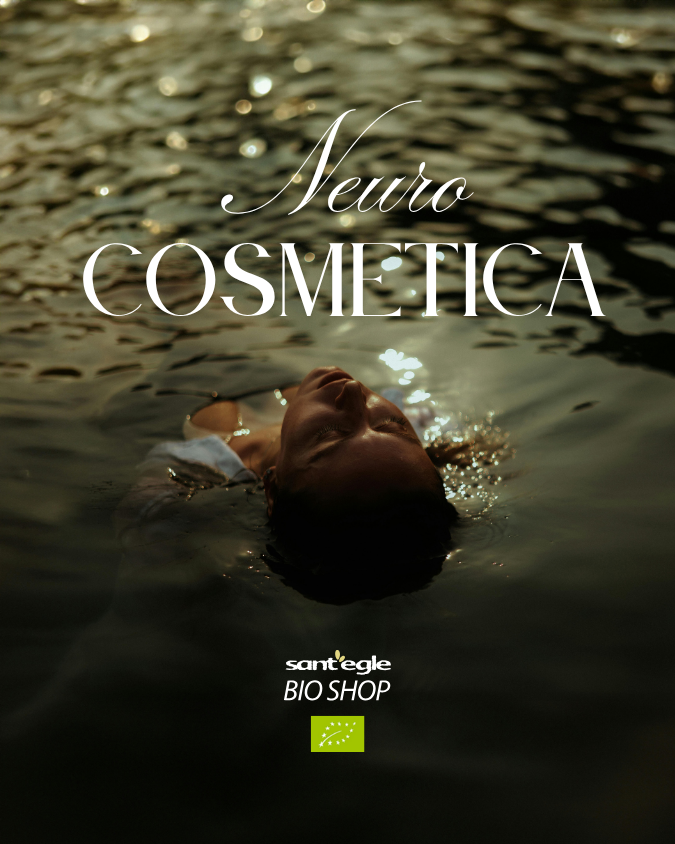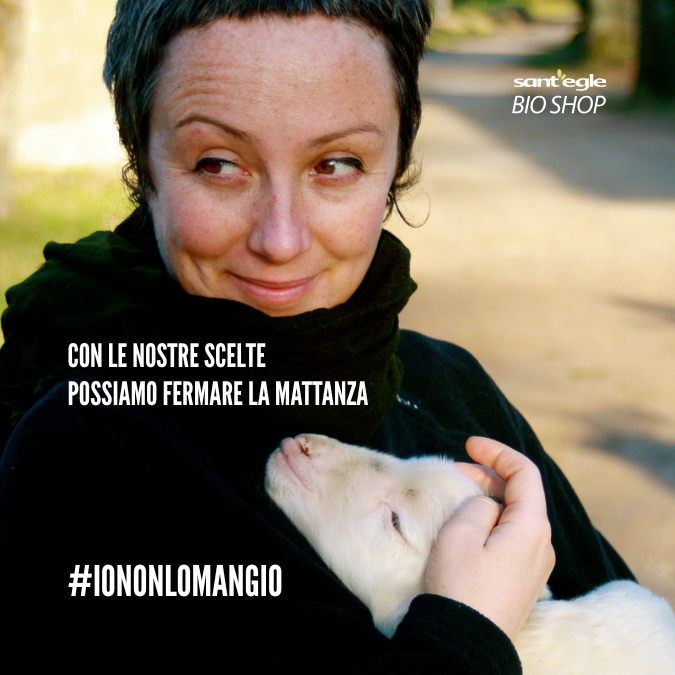- Pause + Energy is a new product created by women in menopause only for women who want to experience a second Spring
It was created to counteract all the discomforts of menopause such as hot flashes, mood swings, fluid retention, swollen belly, vaginal dryness, changes in blood pressure and cardiovascular risk, little desire to do anything, weight gain and bone pain.
Unlike the synthetic products (created in the laboratory) found on the market, this is the first supplement without additives, composed of only plants of natural and organic origin, grown in the Tuscan Maremma and in Italy, titrated and with effective active ingredients. It is composed of red clover, hops, kudzu, sage, reishi and fennel.
It is a product for all women because it is without GMOs, additives, colourants, preservatives, sweeteners, sugars, soy, it is gluten-free, lactose-free, vegetarian, vegan, it is in openable vegetable capsules (for those who cannot ingest them) and is notified to the Ministry of Health with code n° 166059 and to the organic certified body CCPB IT BIO 009
It has a complete supply of phytoestrogens and phytoprogestins which have a protective effect on the risk of developing ovarian and breast cancer and reduce cardiovascular risk.
Scientific advice from our research and development department.
It should be noted that, when pharmacological therapies or illnesses are underway, it is always best to consult your doctor before deciding to add food supplements.
Regarding the safety of our food supplement based on phytoestrogens such as isoflavones, in titrated Kudzu and in red clover powder, we report some of the many publications published over the years, with a brief summary to underline the scientifically proven arguments, and address an always hotly debated topic.
Phytoestrogens are compounds of plant origin which, both from a structural and functional point of view, are similar, albeit smaller in size, to the endogenous estrogens synthesized by the body. More info here!
From an analysis of the trend in the incidence of estrogen-dependent tumor pathologies in different parts of the world, it emerged that the incidence rate of breast cancer is significantly higher in Western countries than in Eastern and South-Eastern Asia. The reason could be found in the difference in lifestyle and in particular in the diet which in eastern countries is rich in soy-based products, which contains high amounts of phytoestrogens.
Due to their similarity to endogenous estradiol, but being smaller molecules, phytoestrogens can bind to the same estrogen receptors (ER), exerting milder estrogenic effects, occupying the receptor sites and reducing the action of the estrogens produced by the the organism itself. This means that endogenous estrogens, finding the receptor site occupied, cannot exert their proliferative and tumor action, particularly on breast cells. Therefore isoflavones, through this limiting control, lead to a protective action on breast cancer.
The higher the share of plant estrogens, the lower the tumor activation by circulating estrogens which cannot bind to the receptors already engaged.
A further mode of action (described in vitro) is that soy isoflavones increase the synthesis of sexual hormone-binding globulin, thus reducing the circulating hormone quota.
This study reports a systematic literature search with the PubMed, Medline and Web of Science databases with the aim of determining whether it is justified to advise against soy-based products (containing phytoestrogens) in women with a history of breast cancer. 7 studies were included and the conclusions are:
None of these studies reported statistically significant adverse effects in soy consumption in case of relapses or mortality (due to breast cancer or other causes)
Other studies have found benefits in soy intake by patients with breast cancer but in variable ways: 2 studies have demonstrated a decrease in relapses associated with a greater intake of isoflavones only in post-menopausal women; the other 4 studies have demonstrated a decrease in relapses associated with a greater intake of isoflavones regardless of menopausal status.
Four studies demonstrated better outcomes in women with hormone-sensitive cancer and/or patients receiving hormone treatment
Only one study was unable to detect beneficial effects from soy intake on breast cancer patients
Regarding Hashimoto's syndrome, it should be specified that isoflavones do not interfere with the thyroid gland. While supplements containing soy (which our supplement does NOT contain) can reduce the absorption of the Eutirox drug.
The contraindication is therefore not to be referred to isoflavones but to soy specifically.
This is another publication that reports a meta-analysis of observational studies that conclude that dietary intake of isoflavones is beneficial in reducing the risk of breast cancer.
This is a study that evaluates the effects of Pueraria isoflavones on the growth of breast tissue tumor cells . The results showed how Kudzu isoflavones induce the reduction of cell viability and cell apoptosis. Therefore it is suggested as a chemopreventive and chemoprotective agent.
This study evaluated the estrogen-like activity of Kudzu isoflavones and their safety with respect to their effect on breast cancer cell proliferation.
– Pause + Energy, has a daily quantity of titrated Kudzu isoflavones of 64 mg. The maximum daily dosage allowed is 80 mg. We deliberately remained lower because the formula also contains powdered red clover which also contains phytoestrogens.
If you have any doubts, contact us!





